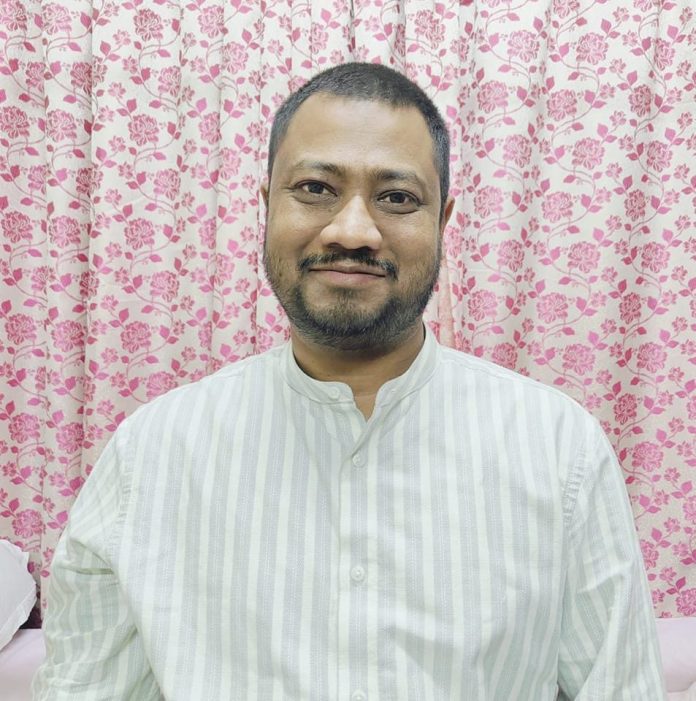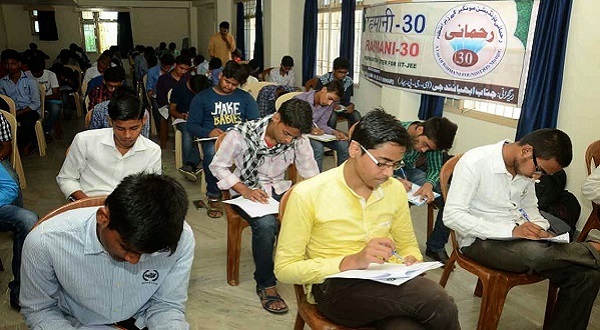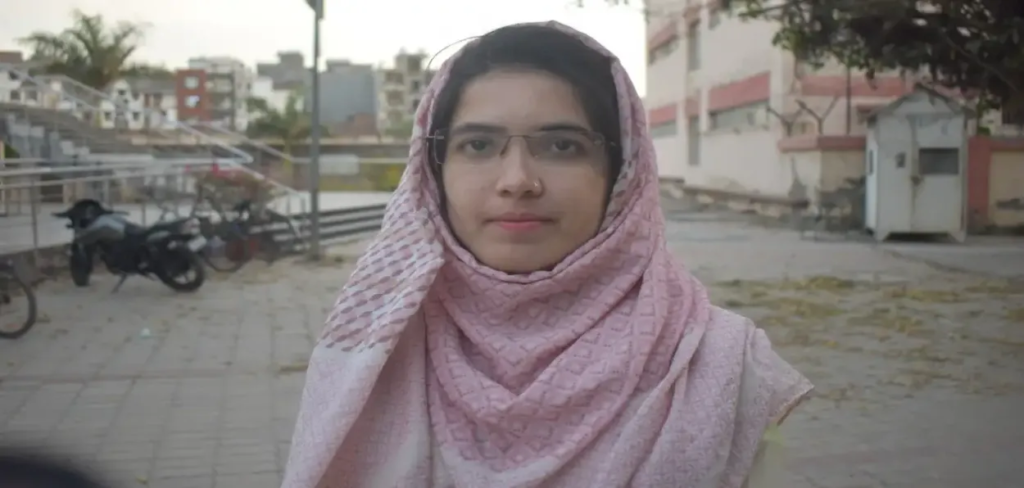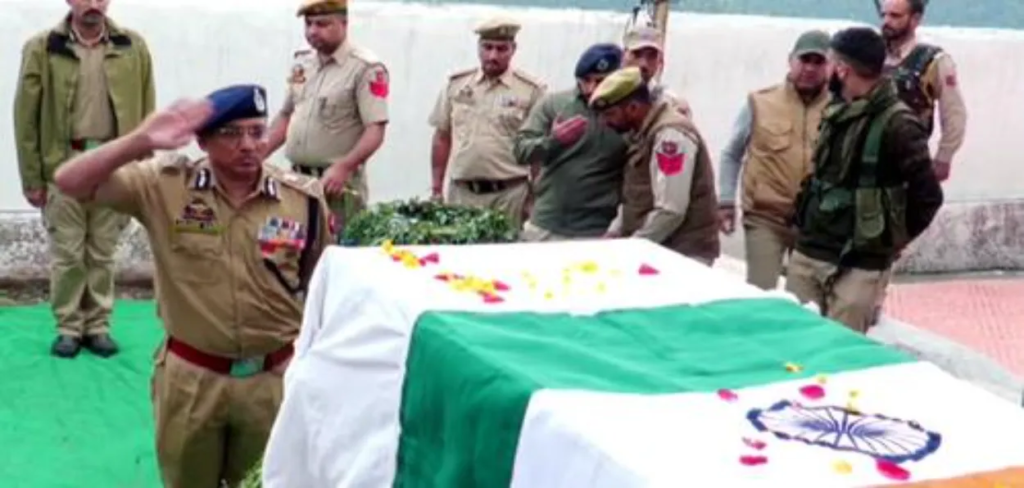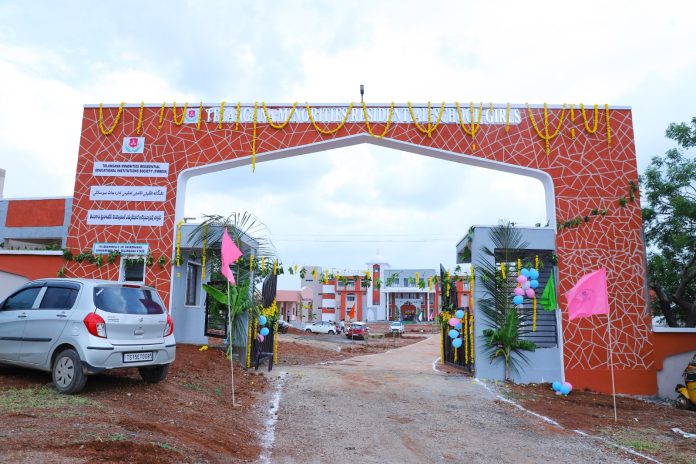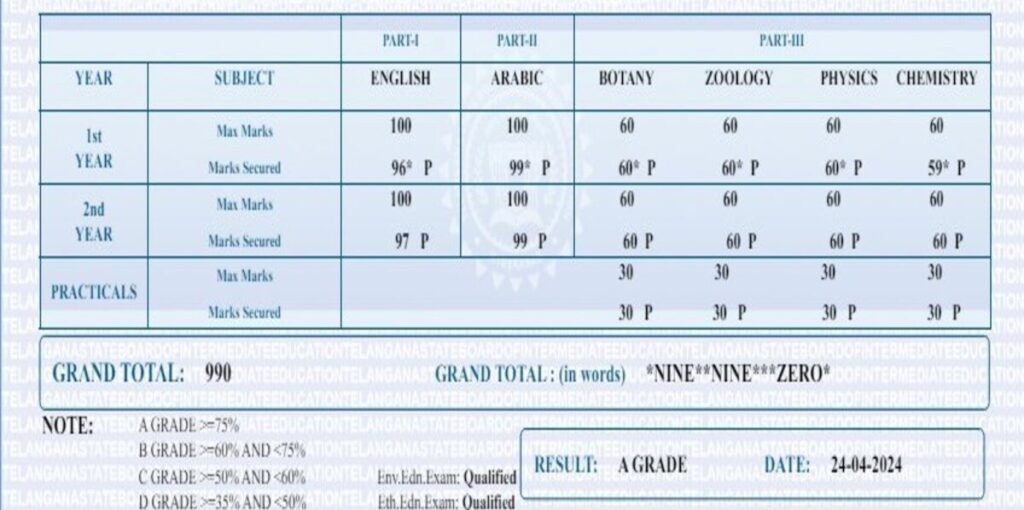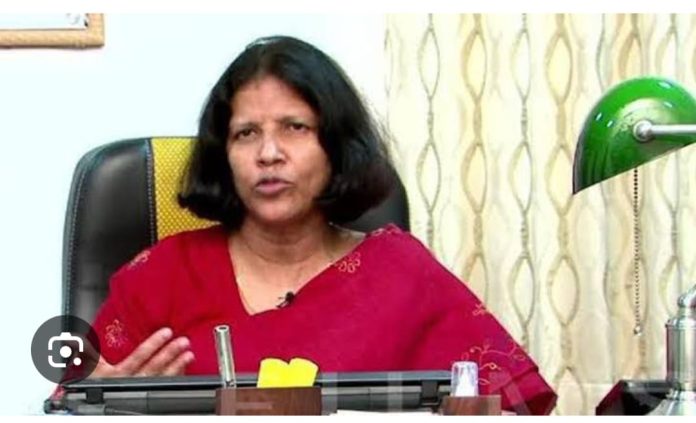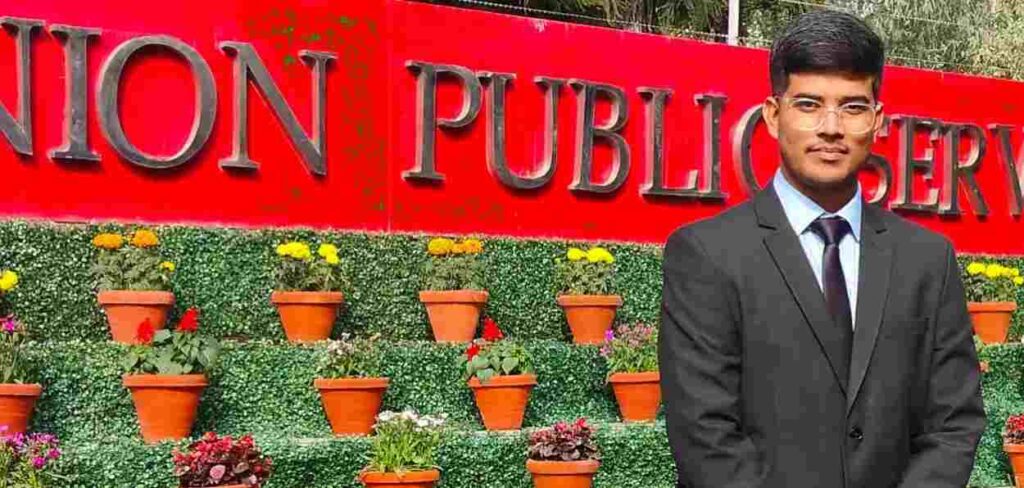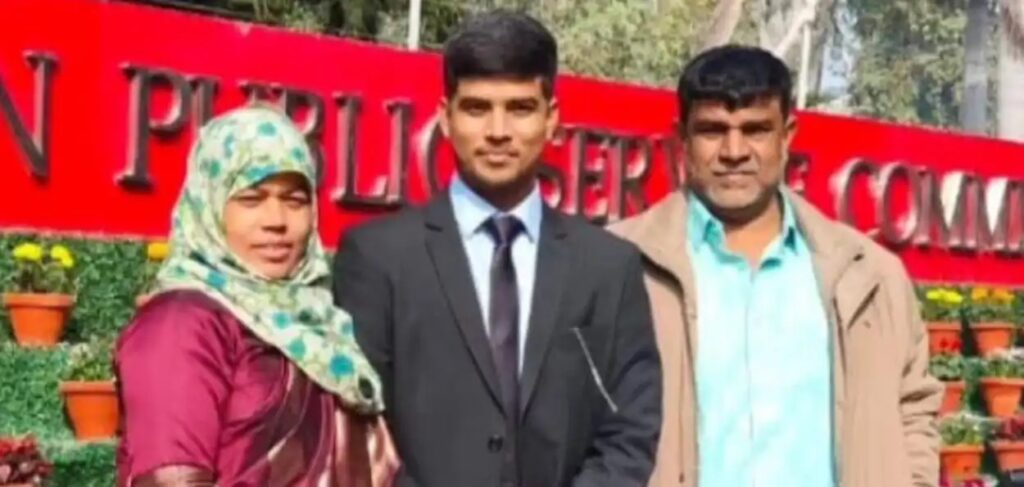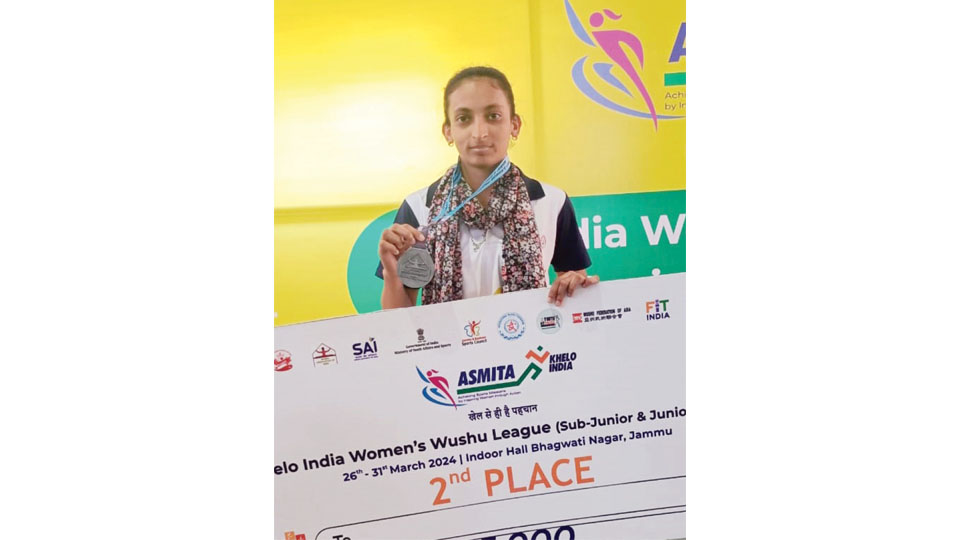Kotranka (Rajouri District), JAMMU & KASHMIR :
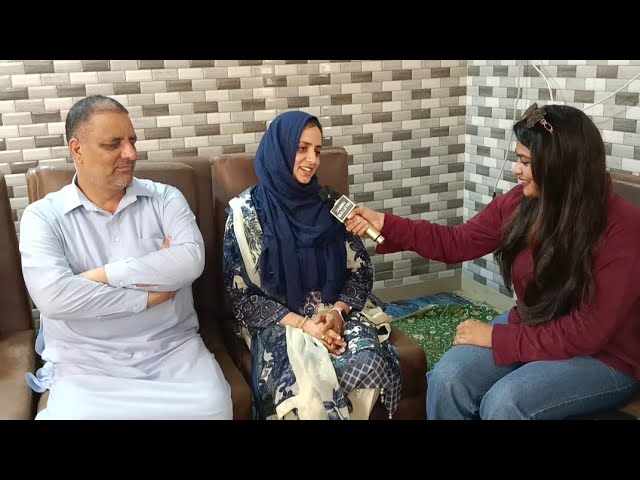
Seerat Baji, a name resonating with determination and resilience, shares her inspiring journey from humble beginnings to academic excellence. Pursuing her Master’s in English Literature, currently in her fourth semester, Seerat’s narrative unfolds with a fervent passion for writing and public speaking.
Her educational odyssey began in Army School, followed by a stint in boarding school and later at JP World School in Chhanni, where her love for literature and writing blossomed. From contributing to school magazines to participating in debates, Seerat’s zeal for expression knew no bounds.
Despite familial expectations to pursue a medical career, Seerat followed her heart’s calling toward humanities and English. After graduating with honors in English, she embarked on her journey toward civil services, fueled by her parents’ aspirations and her academic pursuits.
Balancing her aspirations for civil services with her commitment to academia, Seerat’s academic achievements speak volumes. Qualifying for the National Eligibility Test (NET) during her second semester and securing the Junior Research Fellowship (JRF) in her third semester showcased her scholarly prowess and dedication to excellence.
Seerat Baji, a beacon of inspiration for countless aspirants, has achieved a remarkable feat by qualifying for the Jammu and Kashmir Public Service Commission (JKPSC) twice and now the prestigious Union Public Service Commission (UPSC). Her journey from humble beginnings to scaling the heights of success serves as a testament to perseverance and dedication.
Hailing from a small village in the heart of Jammu and Kashmir, Seerat Baji defied societal expectations and financial constraints to pursue her dreams relentlessly. With unwavering determination, she embarked on her educational journey, overcoming numerous challenges along the way.
Her dedication bore fruit when she cleared the JKPSC examination not once, but twice, showcasing her exemplary academic prowess and commitment to excellence. However, Seerat’s aspirations didn’t end there. With a thirst for broader horizons and a desire to serve her nation at the highest level, she set her sights on the coveted UPSC examination.
source: http://www.thehindustangazette.com / The Hindustan Gazette / Home> News> Latest News / by The Hindustan Gazette / April 24th, 2024
